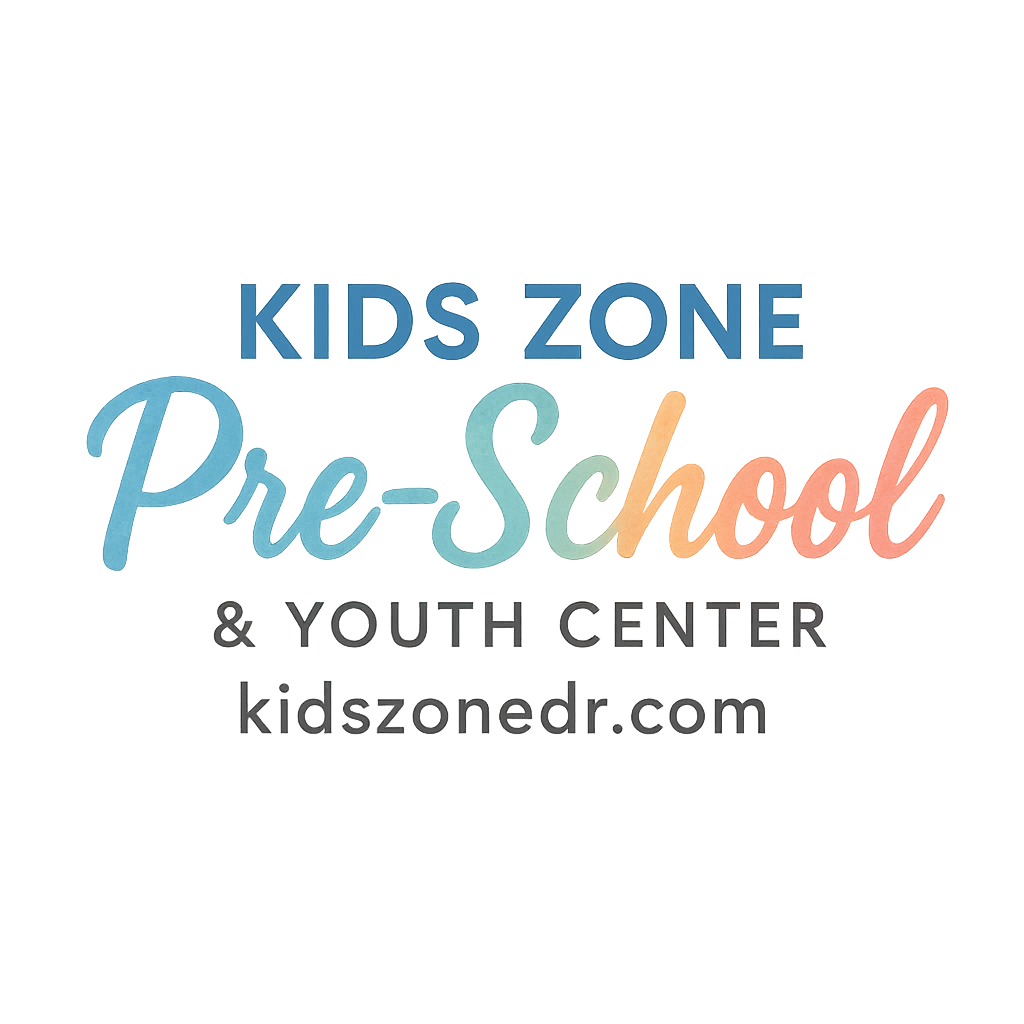Introduction
Is your preschooler happy at school? That question crosses every parent’s mind — probably more than once a week. Preschool is a major milestone in your child’s development, and knowing they’re emotionally and socially thriving is essential. But since young children may not always verbalize their feelings clearly, how do you tell if things are going well?
In this guide, we’ll dive into seven key signs your preschooler is genuinely happy at school, and we’ll sprinkle in some helpful tips along the way. Let’s make sure those little backpacks are filled not just with snacks and crayons — but joy, comfort, and confidence too.
1. They’re Excited to Go to School
Morning Routine Says a Lot
One of the first signs your child is thriving is their eagerness in the morning. If your preschooler wakes up, gets dressed without too much fuss, and chats excitedly about school, that’s a glowing green flag.
A happy preschooler may even talk about their classroom, teacher, or a friend while eating breakfast. If the routine flows smoothly without tears, you’re in good shape.
Watch for Signs of Resistance
On the flip side, if your child clings to you at drop-off, cries frequently, or complains about school-related things — it might be time to investigate further. It doesn’t necessarily mean the school is bad, but it may signal a disconnect or discomfort.
Need help with transitions? Read this article on Parental Guidance and Involvement to find ways to support your child emotionally.
2. They Talk About Their Day Freely
Chatty Kids Are Happy Kids
Preschoolers love to share their world when they feel safe and connected. If your child comes home bursting with stories — even if they’re full of silly or exaggerated details — it shows they’re engaged and happy at school.
Whether it’s a painting they made, a game they played, or what snack they had, frequent storytelling is a powerful sign of emotional comfort.
Use Open-Ended Questions
Encourage conversation with prompts like:
- “What made you laugh today?”
- “Who did you sit next to at lunch?”
- “Did anything surprise you today?”
Need conversation starters? Explore Child Talk Activities for more ideas.
3. They Show Emotional Stability
Fewer Tantrums After School
Happy preschoolers may come home tired, sure, but generally not emotionally drained. If your child remains relatively calm, playful, and balanced after school — it’s a solid sign that their emotional needs are being met.
Mood Swings Could Be a Red Flag
Of course, all kids have their moments. But if your preschooler is regularly having meltdowns or seems overly anxious in the evenings, it may be a sign of unhappiness at school. This is where paying attention to Daily Routines and Activities becomes important to balance the overstimulation.
4. They’re Making Friends and Bonding
Social Skills Are Key
Friendships in preschool may look like holding hands, playing tag, or sharing building blocks — but they’re deeply meaningful. When kids talk about friends, invite classmates over, or draw pictures of others, it shows they’re emotionally invested.
Group Activities and Sharing Moments
Teamwork activities in preschool — like singing, dancing, or building things together — foster bonds. If your child talks about these moments with excitement, that’s a fantastic indicator they feel included and valued.
Learn more about the social side of early learning in Preschool Learning & Development.

5. They’re Progressing in Learning and Development
Academic Growth You Can See
Is your child suddenly reciting the alphabet, naming colors, or recognizing shapes? That’s preschool magic at work! Progress in cognitive skills — especially if your child seems proud of their accomplishments — shows that they feel safe and supported in their classroom.
Celebrating Milestones Together
Celebrate milestones at home, too. Even something as small as tying a shoelace deserves recognition. Explore ways to support Kids’ Development and build confidence.
Want more on child development? Don’t miss Learning Milestones from our preschool experts.
6. They Display Positive Behaviors at Home
Mimicking Teachers and Friends
If your child suddenly starts “playing school” at home, pretending to be the teacher, or organizing their toys like a classroom, it’s a great sign they’re internalizing positive experiences.
Acting Out Can Mean Something’s Off
However, if they begin expressing negative behavior like aggression, isolation, or disinterest, don’t brush it off. Behavioral changes are often the first sign a child is struggling emotionally — even if they can’t say it out loud.
Use this resource on Health & Safety in Preschool to ensure your child’s emotional and physical environment is secure.
7. Teachers Give Positive Feedback
Communication With Educators Is Crucial
Parents and teachers need to be on the same page. If educators report that your child participates, interacts well, and seems emotionally balanced, it’s a good indication they’re doing great.
Ask questions like:
- “Do they engage with others?”
- “Do they seem curious and joyful in class?”
- “Are there any concerns I should know?”
Parent-Teacher Meetings and Reports
Take advantage of regular check-ins and progress reports. These are windows into your child’s world when you’re not around. If teachers consistently say, “They’re a joy to have in class,” breathe easy — you’re doing something right.
Also check this out: Choosing the Right Preschool can make all the difference in your child’s long-term happiness.
How Parents Can Support Happiness at School
Build Strong Routines at Home
Consistency matters. Regular bedtime, healthy breakfasts, and a predictable morning routine ease anxiety and boost emotional regulation.
Want help with structure? Visit our guide on Daily Schedule to streamline your day.
Get Involved in School Life
Volunteer when you can, attend events, or even just read classroom newsletters. Kids love when their parents show interest in their world. Check out Volunteering to see the impact you can make.
Encourage Healthy Eating and Sleep
Happy minds need healthy fuel. A well-fed, well-rested preschooler is more resilient emotionally. Dive into our Healthy Eating resources to build balanced habits at home.
Also, browse Wellness to ensure holistic growth for your preschooler.
Final Thoughts
Your child may not always say, “I’m happy,” but their actions will speak volumes. From cheerful goodbyes to talking about their favorite friends, these small signs are actually big indicators of emotional well-being.
Preschool should be a time of exploration, growth, and most of all — joy. If you’re seeing several of these signs, you can rest easy knowing your little one is not just surviving, but thriving.
Want more expert tips and parenting guidance? Visit KidsZoneDr for trustworthy insights and resources.
FAQs
1. What if my child doesn’t talk much about school?
That’s okay! Some kids are naturally quiet. Try using open-ended questions or creative play to get them to share more.
2. Is crying at drop-off always a bad sign?
Not necessarily. Many kids take time to adjust. But if it continues for weeks, talk to the teacher to see what’s going on.
3. How often should I talk to my child’s teacher?
Regularly! A quick weekly chat or monthly email can help catch problems early and celebrate wins together.
4. My child says they’re bored at school. Should I worry?
Possibly. They might need more challenge or different engagement. Ask their teacher about enrichment opportunities.
5. What’s the best way to encourage friendships in preschool?
Set up playdates, ask about their friends, and reinforce positive social behaviors at home.
6. Should I consider switching preschools if my child seems unhappy?
If signs of distress persist after trying different strategies, it may be time to explore better-fitting options.
7. How do I choose a preschool that prioritizes emotional well-being?
Start here: Choosing the Right Preschool for tips on finding a nurturing environment.


